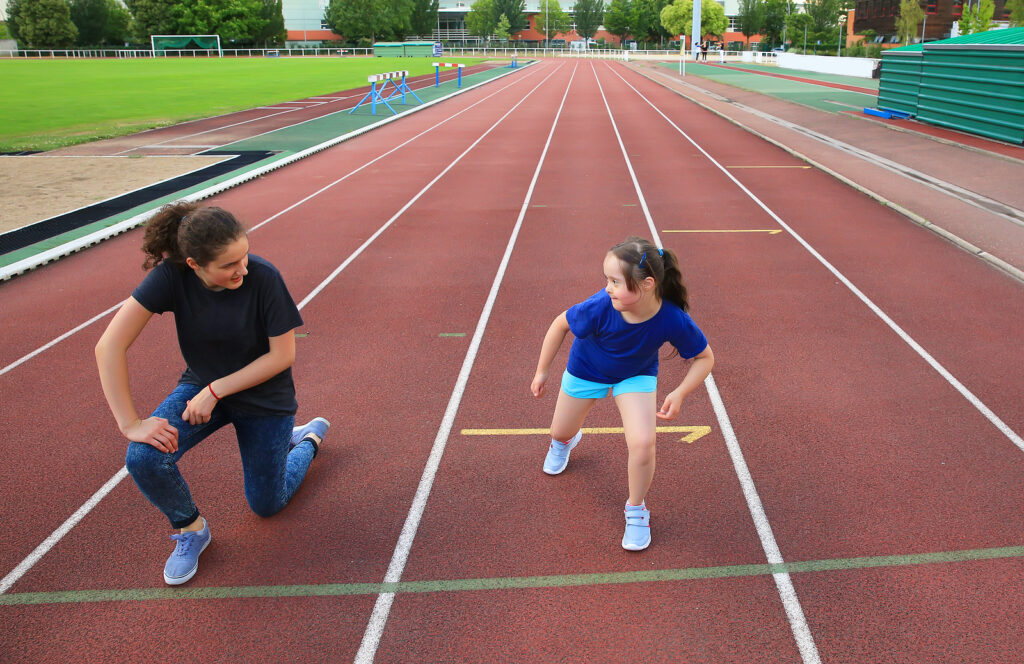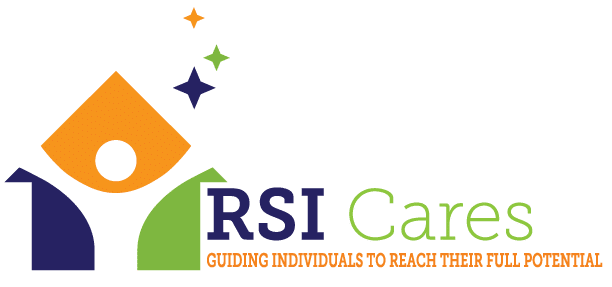Four Tips for Helping Someone with Down Syndrome to Exercise

If your family member has Down syndrome, you might not have thought a lot about starting an exercise program with her. But exercising regularly has similar benefits for people with Down syndrome as it does for everyone else. Your family member can build muscle mass, strengthen her heart and lungs, and generally enjoy better health overall. Here are some things to consider when starting a new exercise program with a family member who has Down syndrome.
Get Medically Cleared for Exercise First
Before making any changes to your family member’s regular routine, talk to her doctor. Her doctor can help to determine what types of exercise are the best choice for her and how her health affects her ability to exercise properly. Once you’ve got her doctor’s seal of approval, you can start looking at putting together an exercise plan that is both fun and safe so that she gets the best possible results.
Focus on Safety
Safety is key for anyone who is exercising more, but it’s especially important for your family member with Down syndrome. If her joints are a little weaker due to the Down syndrome or other health issues, then it’s important to include range of motion exercises, but to do them safely so that there’s little to no strain on the joints. Lower weights and fewer repetitions may also be a good idea, especially at the beginning.
Keep Sessions Short and Fun
When it’s time to get moving, make sure that you and your family member are engaging in activities that she enjoys and that she wants to do. Exercise that’s fun is a lot easier to stick with than exercise that’s boring or difficult. It’s also a good idea to keep sessions a little on the shorter side. Moving for 20 to 30 minutes can be plenty in terms of exercise without becoming boring or being too much.
Core Exercises Are Great
If you’re working with limited time, you might want to find activities that focus on strengthening the core. Exercises that tend to strengthen abdominal muscles, the back, and the hip area help your family member to improve her balance and her posture. The core muscles are also the ones that protect and support your family member’s internal organs.
Residential habilitation can help you and your family to find Down syndrome resources that can help your family member with fitness, general health, and other concerns.
If you are considering Down syndrome resources in Beech Grove, IN, please call the caring staff at RSI Cares. Serving Greater Indianapolis Area. Call for Immediate Info & Assistance: 317-471-0750.
- NOTICE: Indiana Direct Service Workforce Investment Grant - January 30, 2023
- Take a Break and Let Respite Care Aides Help Out - November 10, 2021
- Let Residential Habilitation Services Bring Independence to Your Child With Down Syndrome - October 20, 2021
